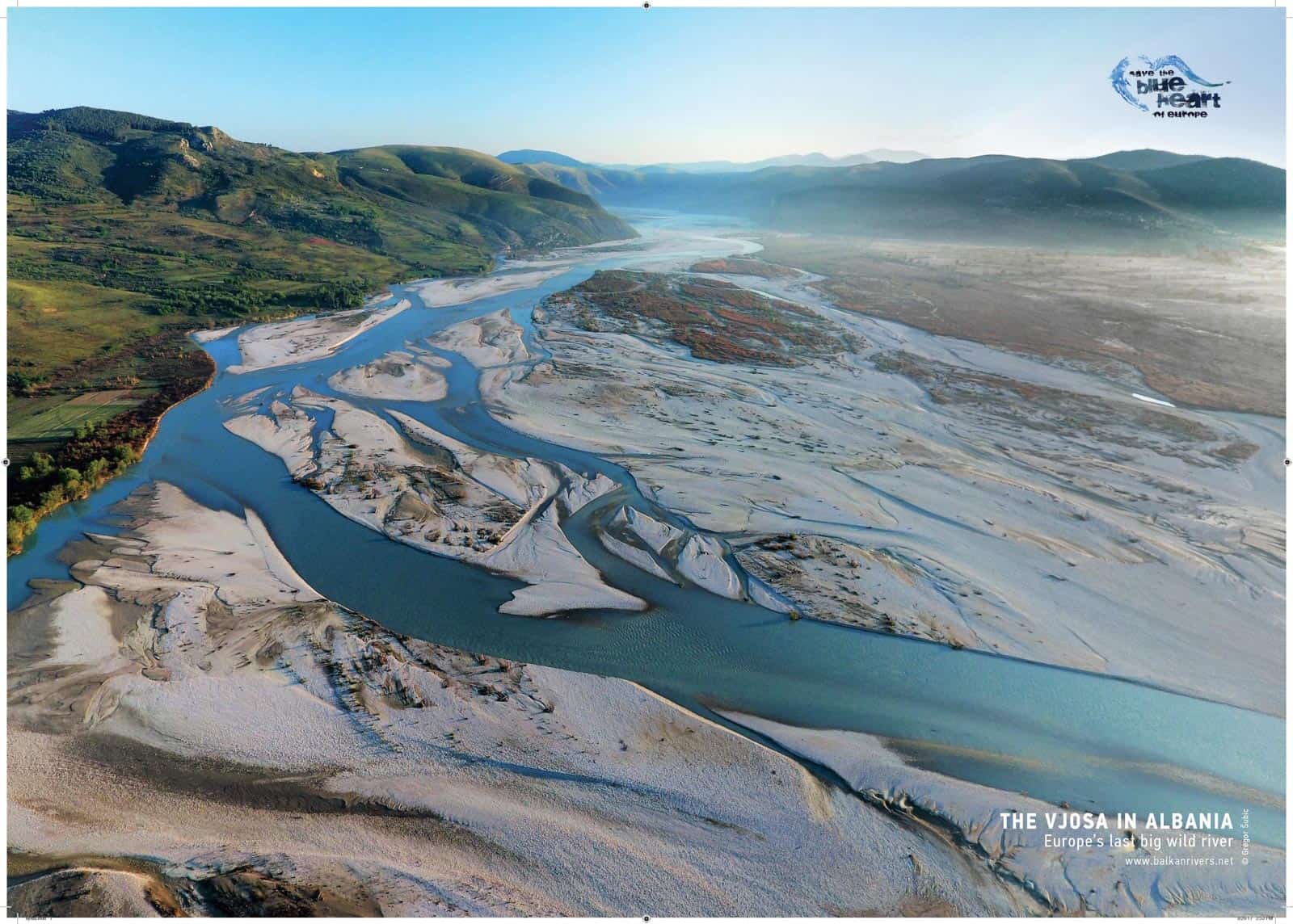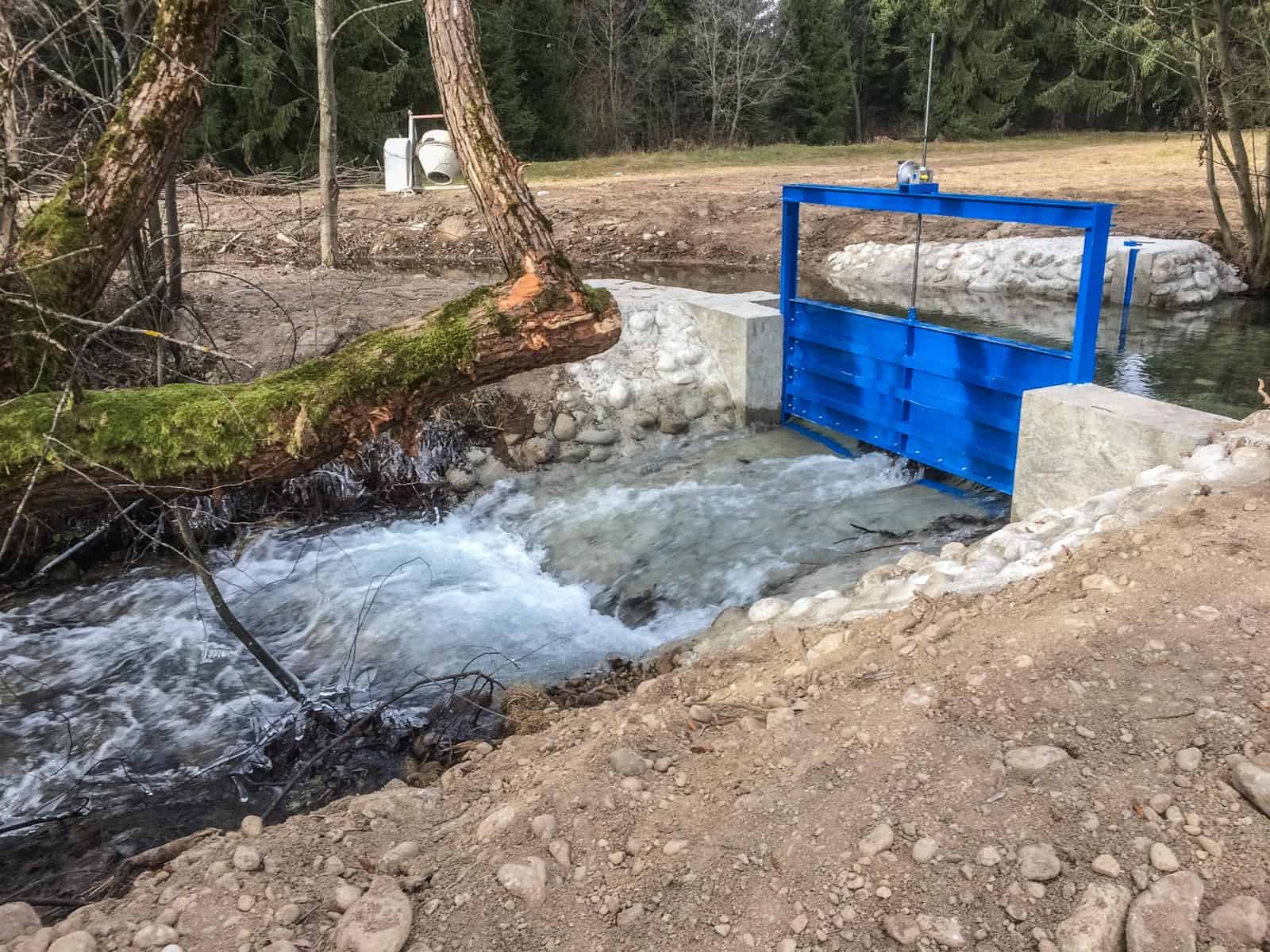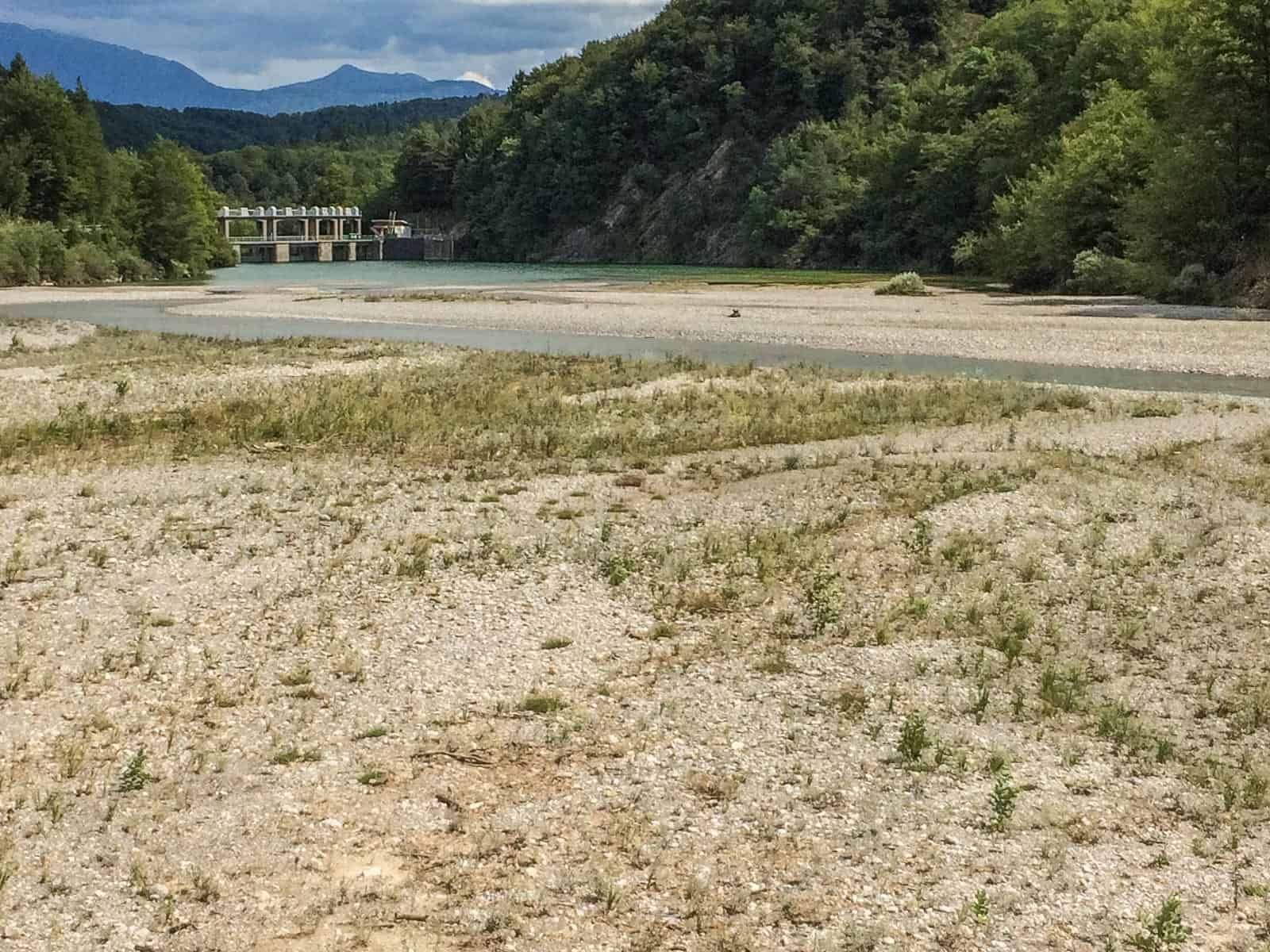International Day of Action for Rivers
On 14th of March, the international day of action for rivers is celebrated
But what exactly is the international day of action for rivers?
On this day, for the past 26 years, people around the world come together to dedicate their solidarity to rivers and say why rivers matter. The day focuses on the right that everyone should have to have access to clean, flowing water. Rivers affect our lives, so we should have a say in decisions that affect them.
So, the international day of rivers is used to organise events protecting rivers, e.g. doing river cleanups, online webinars, or just even river walks! Make your voice for rivers heard today.
A day dedicated to solidarity – when diverse communities throughout the world come together with one voice to proclaim that rivers matter.
Importance of rivers historically
When you think about the organisation of a city, you will notice that almost all are built around the banks of a river. This is true for cities all around the world, and it has a very good reason. Historically, rivers were important not only for transportation but also for access to clean water. This was used for fishing, drinking, cooking and bathing. Early civilizations then realised that the land next to the river is very fertile, so it was used for growing crops. Those are just the practical uses of rivers; let us not forget that rivers also have sporting, spiritual, religious and recreational purposes for humans, e. g. the Ganges river, which Hindus worship as a goddess.
Rivers today still provide transportation routes, water for drinking and farming as well as power for homes and industries. Therefore, freshwater ecosystems are essential to our lives, and yet they and the species that live in them are threatened.

The water cycle
As mentioned before, rivers are so central to life on earth because they carry freshwater. They feed oceans and seas with it. From the oceans, seawater constantly evaporates to form clouds. These are then released again over land to feed rivers with freshwater. And so the water cycle continues to constantly supply the Earth with freshwater.
River delta
What is so special about rivers is their delta. Where a river finally flows into another river or an ocean, sometimes a delta is formed. This is new land created by the sediment that the river deposits there. Almost always, deltas are very fertile. This is why they are used as agricultural areas, supplying food and jobs to humans. This is true, for example, in Egypt and Bangladesh where the Nile Delta and the Ganges Delta respectively provide this special terrain to their inhabitants. A new study shows that especially in Egypt the Nile Delta faces existential threats as it is heavily polluted.
Rising river temperatures
One threat to rivers is the rising water temperature. River temperature not only regulates the physical, chemical and biological processes in the waters but also impacts ecosystems, human health and other uses of water. So, if the river temperature changes, changes in all of these processes will follow, and some can lead to harmful consequences. Evidence shows that in response to climate change river temperature increases, but direct human activity on rivers adds even more to that. What exact implications these facts have still needs to be researched.
River pollution
The extensive use of rivers over many centuries has of course taken its toll on rivers. Pollution has come from directly dumping garbage and sewage, disposing toxic wastes from factories and agricultural waste containing fertilizers and pesticides. This has had negative consequences ever since the 1960s and laws have been installed in order to prevent the pollution of rivers further. However, still a lot needs to be done to ensure freshwater in rivers is kept clean and can provide habitats for species, also for the future.








